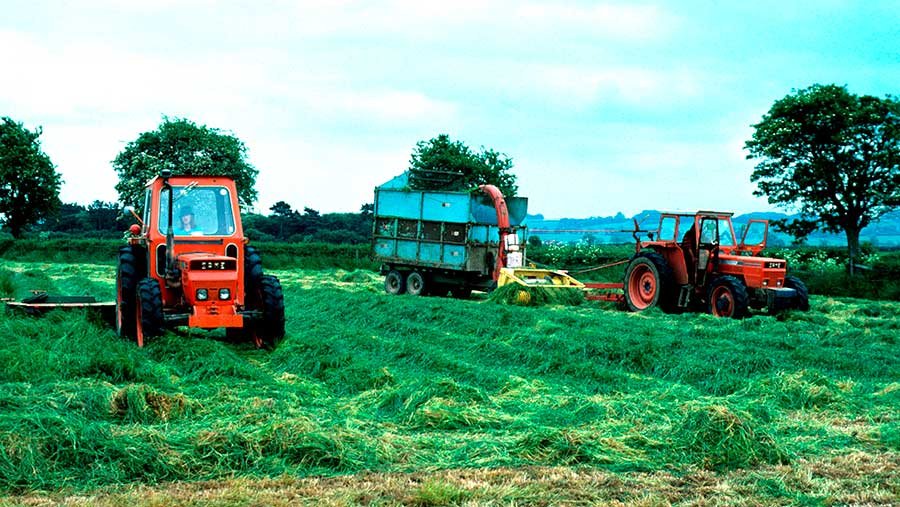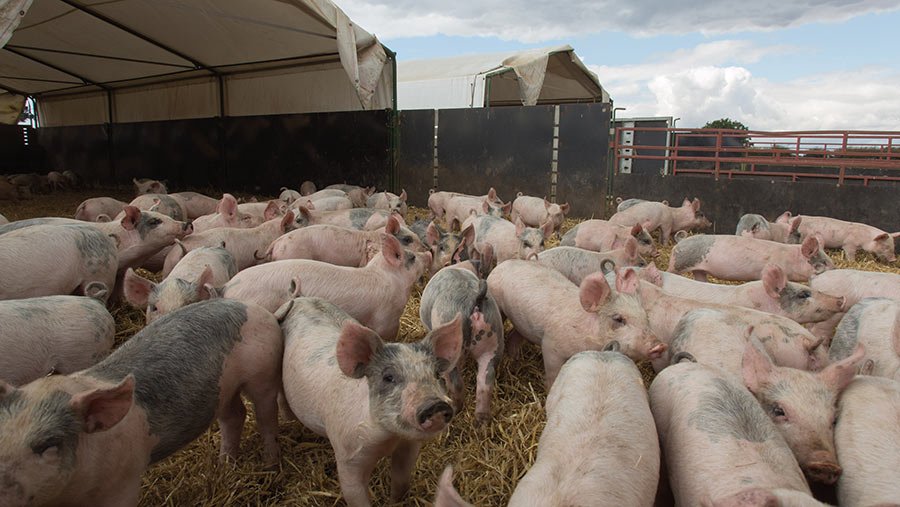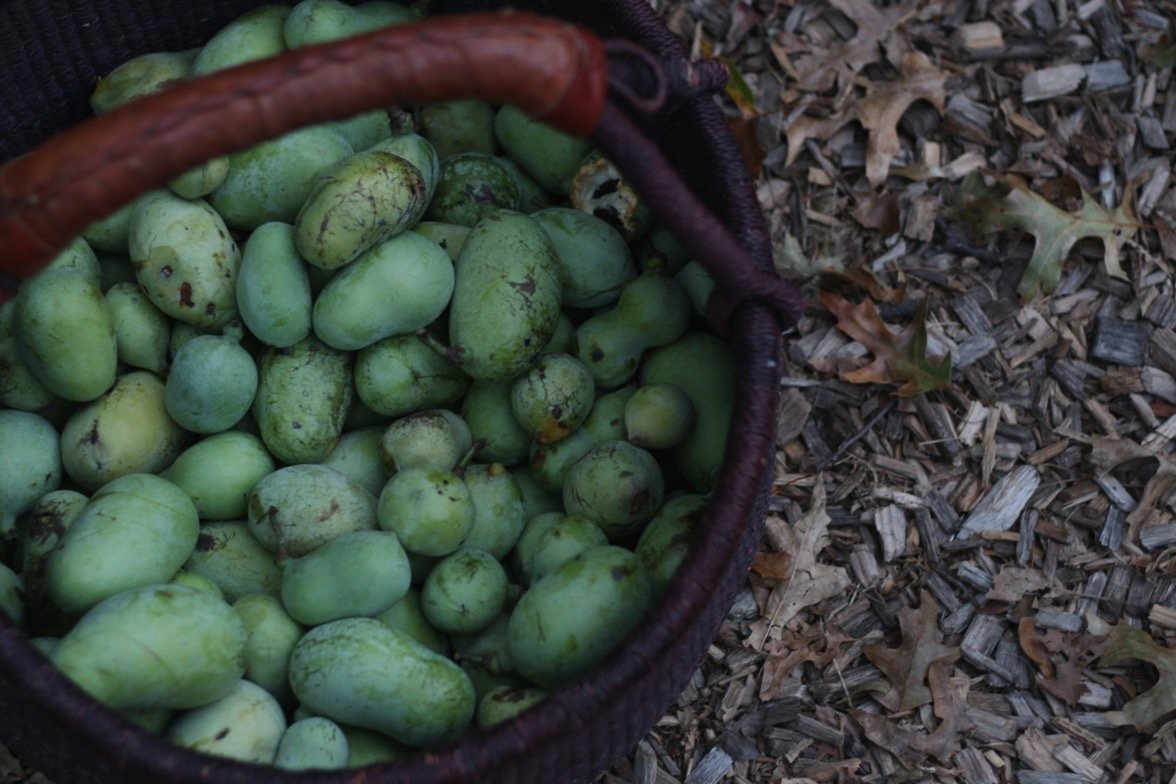Industry leaders have given a mixed reaction to unconfirmed reports that Defra is considering the launch of an area payments scheme that would pay all landowners in England £80/acre.
The suggestion was put forward in a tweet by Ben Goldsmith, the brother of Zac Goldsmith who held a governmental role as a non-executive director of Defra until he resigned in July after five years in the post, helping to design major agriculture legislation.
Rumours that the government is considering resuscitating an old subsidy scheme in which landowners across the country will be paid £80 of YOUR money per acre of land that they own, no matter how well they care for it. In 2022. Surely not.
— Ben Goldsmith (@BenGoldsmith) September 22, 2022
He tweeted: “Rumours that the government is considering resuscitating an old subsidy scheme in which landowners across the country will be paid £80 of YOUR money per acre of land that they own, no matter how well they care for it. In 2022. Surely not.”
See also: Slow uptake of SFI blamed on low payments and lack of detail
Mr Goldsmith later tweeted an article he penned in 2020 in which he explained why he believes a system governed by the principle of paying landowners “public money for public environmental good” was a “much better idea than unconditional subsidies for landowners”.
He said the government’s new Environmental Land Management (ELM) scheme had “barely started” and “they [Defra] ought to give it a chance”.
Rewilding advocate and environmentalist Mr Goldsmith added: “Let’s hope the government sticks to the course.”
Opinions split
His comments triggered a lively debate on the social media platform, with some offering their support and others strongly opposed.
Emily Norton, head of rural research at Savills, said: “All farmers should be entitled to a basic level of income stability and insulation from market forces outside their control.”
Christopher Price, chief executive of the Rare Breeds Survival Trust, said a public goods scheme “would be delivering public benefits to society as whole”. Whereas an income support-type scheme “would deliver a private benefit to one sector of society”.
He asked: “Why shouldn’t plumbers also be entitled to income stability and insulation from market forces?”
Devolved plans
But Ed Barker, head of policy and external affairs at the Agricultural Industries Confederation (AIC), noted that devolved administrations were considering area payments in their post-Brexit agricultural policies.
“Given that Scotland and Wales have introduced similar measures in the face of unreal agri-inflation, it’s not all that crazy,” he tweeted.
“Especially when it is equally applicable to small tenant farmers. The substantive question is if it should be capped.”
Prime minister Liz Truss has announced a new top team at Defra as part of her cabinet reshuffle. Ranil Jayawardena, MP for North Hampshire, has replaced Cornish MP George Eustice as Defra secretary.
Former government chief whip Mark Spencer has been appointed Defra farm minister, and former transport Minister Trudy Harrison has been appointed as a junior minister at Defra.
Lord Benyon has been reappointed as Defra parliamentary under secretary of state.
A warm welcome back to @RichardHRBenyon who re-joins @DefraGovUK as Parliamentary Under Secretary of State. pic.twitter.com/IUZmEA6RrJ
— Defra UK (@DefraGovUK) September 21, 2022
It is understood that the new Defra team plans to carry out a review of ELM to decide whether in its current form it can help government to deliver on its environmental and climate ambitions.
Frameworks review
Meanwhile, the government announced in its mini-Budget on Friday 23 September that it “will rapidly review frameworks for regulation, innovation, and investment that impact farmers in England”.
A Defra spokesperson said: “Farmers are brilliant at producing high quality food for consumption at home and for export and now we need them to go further, as productivity gains have been flat for many years.
“To boost the rural economy, food production and our food security, we will continue to support farmers and land managers by reviewing farm regulation, boosting investment and innovation in the sector.
“This autumn we will set out our plans for working with industry to maximise the long-term productivity, resilience, competitiveness, and environmental stewardship of the British countryside.”












